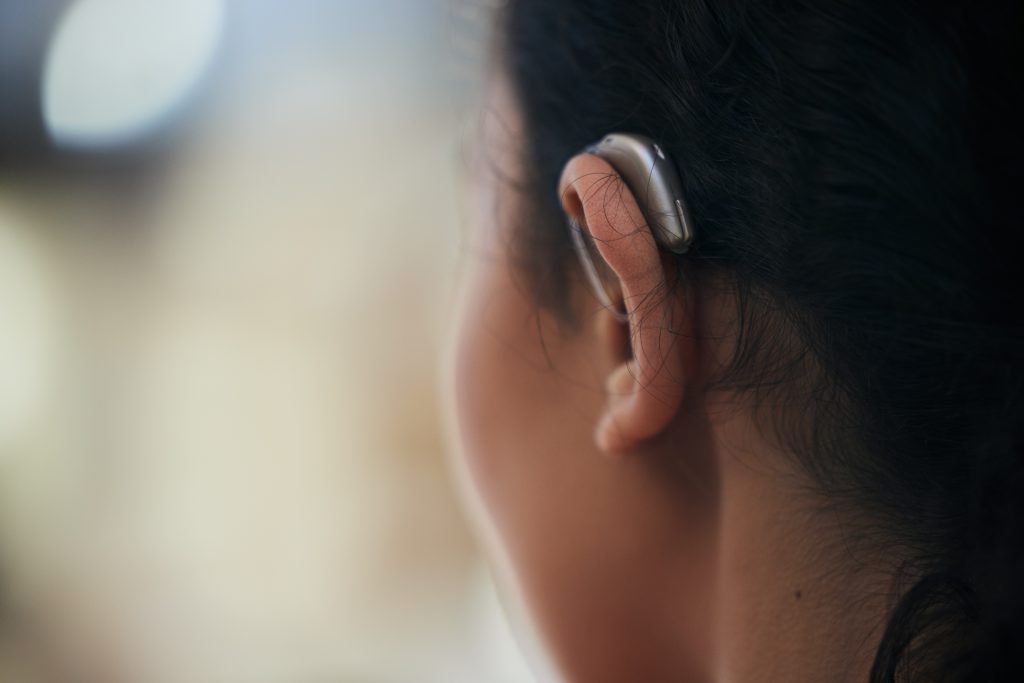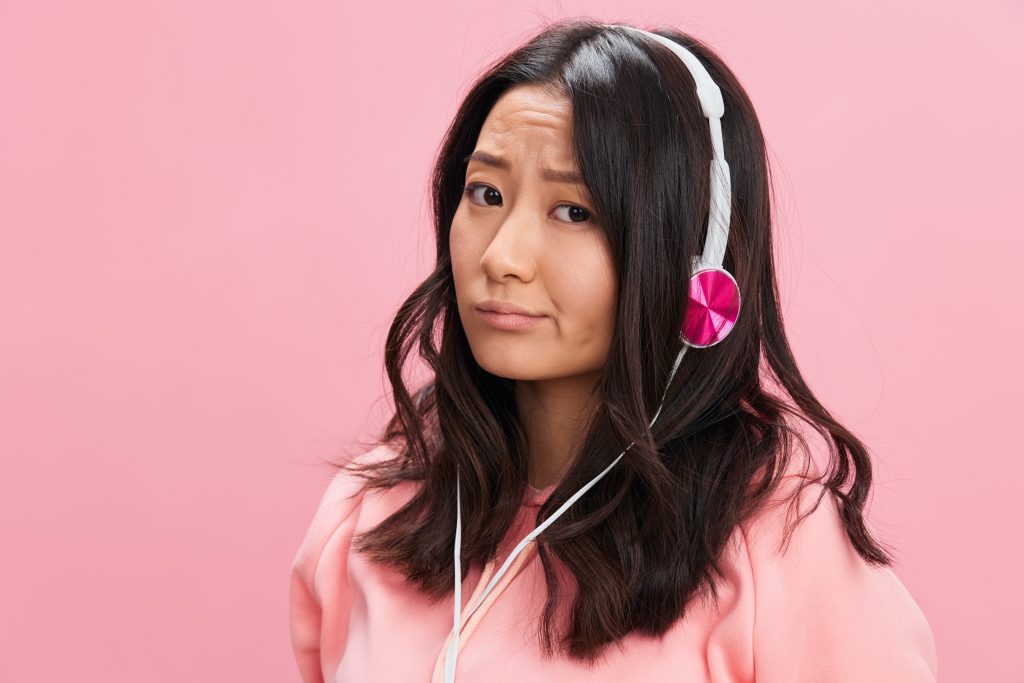Maintaining good hearing health is crucial for enjoying a high quality of life, as it impacts communication, social interactions, and overall well-being. Hearing loss can lead to feelings of isolation, depression, and even cognitive decline if left unaddressed. Therefore, it’s never too early or too late to start prioritising your hearing health. While some types of hearing loss, such as genetic conditions or certain illnesses, are unavoidable, you can significantly reduce your risk of noise-induced and age-related hearing loss through mindful practices both at work and during leisure activities.
Taking proactive steps to protect your ears can preserve your hearing abilities and enhance your daily life. Here are some practical tips to help you protect your hearing health and ensure you can continue to engage fully in all the activities you love, especially if you are concerned about hearing loss Singapore.

Why Hearing Protection Matters
Exposure to loud noises is one of the leading causes of hearing loss. Prolonged exposure to sounds over 85 decibels (dB) can damage the delicate hair cells in your inner ear, leading to permanent hearing loss. Common sources of damaging noise include:
- Loud music (concerts, headphones)
- Industrial sounds (construction, factories)
- Everyday noises (lawnmowers, city traffic)
Simple Steps to Prevent Hearing Loss
1. Manage Blood Pressure and Cardiac Health
High blood pressure and heart disease can affect your hearing. Maintaining cardiovascular health ensures that the tiny hair cells in your inner ear receive proper blood flow and remain healthy. To manage your blood pressure:
- Follow a balanced diet low in salt and saturated fats.
- Exercise regularly.
- Take medications as prescribed by your doctor.
2. Avoid Smoking and Limit Alcohol Consumption
Cigarette smoke and heavy alcohol use can harm your hearing. Smoking damages blood vessels, reducing blood flow to your ears, while alcohol creates a toxic environment in the ear. To protect your hearing:
- Quit smoking and avoid exposure to secondhand smoke.
- Limit alcohol intake to moderate levels.
3. Control Diabetes
People with diabetes are more likely to experience hearing loss. High blood sugar levels can damage blood vessels and nerves in the inner ear. Managing diabetes involves:
- Regular monitoring of blood sugar levels.
- Following a diabetes-friendly diet.
- Adhering to your doctor’s treatment plan.

4. Exercise and Reduce Stress
Regular exercise improves overall health and blood flow, which benefits your ears. Stress reduction is equally important as chronic stress can impact hearing. Effective ways to reduce stress include:
- Practising yoga or meditation.
- Engaging in hobbies.
- Ensuring adequate sleep.
5. Eat a Nutrient-Rich Diet
Certain vitamins and minerals are vital for hearing health. A diet rich in B12, potassium, magnesium, and iron can help preserve your hearing. Include foods like:
- Leafy greens (spinach, kale)
- Nuts and seeds (almonds, flaxseeds)
- Fruits and vegetables (bananas, oranges)
- Lean proteins (chicken, fish)
Vitamins and Their Sources
| Vitamin / Mineral | Benefits | Food Sources |
| B12 | Supports nerve health | Meat, dairy, fortified cereals |
| Potassium | Regulates fluid balance | Bananas, oranges, potatoes |
| Magnesium | Supports nerve function | Nuts, seeds, leafy greens |
| Iron | Prevents anaemia | Red meat, beans, spinach |
6. Know Your Family History
Being aware of your family’s hearing health history can help you take proactive steps. If hearing loss runs in your family, regular hearing check-ups can detect issues early and prevent further deterioration.
7. Be Cautious with Medications
Some medications are ototoxic, meaning they can cause hearing loss. These include certain antibiotics, chemotherapy drugs, and even large doses of aspirin. Always discuss the potential side effects of medications with your doctor and seek alternatives if necessary.
8. Protect Your Hearing from Loud Noises
Even with a healthy lifestyle, exposure to loud noise can cause irreversible damage. Protect your ears by:
- Wearing earplugs or earmuffs in noisy environments.
- Keeping the volume low on personal audio devices.
- Taking breaks from loud environments to give your ears a rest.
Common Sources of Damaging Noise
| Source | Approximate Decibel Level | Protection Needed |
| Concerts | 100-120 dB | Earplugs |
| Lawn Mowers | 85-90 dB | Earplugs or earmuffs |
| Airplane Engines | 120 dB | Earplugs or earmuffs |
| Fireworks | 140 dB | Earplugs |
Recognizing When Noise Is Too Loud
It’s important to recognize the signs of damaging noise levels. If you:
- Need to raise your voice to be heard.
- Cannot hear someone talking three feet away.
- Experience muffled hearing or ringing in your ears after leaving a noisy place.
These are indications that the environment is too loud and could be harmful to your hearing.

Steps to Take if You Suspect Hearing Loss
If you notice any signs of hearing loss, schedule a hearing test with an ENT specialist in Singapore. Regular hearing exams can detect problems early, allowing you to take measures to prevent further loss. Hearing professionals can also recommend appropriate hearing aids if necessary.
Key Tips for Preserving Hearing Health:
- Use hearing protection in noisy environments.
- Maintain a healthy lifestyle with proper diet and exercise.
- Avoid ototoxic medications when possible.
- Monitor and manage health conditions like diabetes and high blood pressure.
Conclusion
Taking care of your hearing health is a lifelong commitment that pays off with a better quality of life as you age. By following these tips, you can protect your ears from damage and enjoy the sounds you love for years to come. If you need further guidance, consult with a hearing loss Singapore professional who can provide personalised advice and solutions tailored to your needs.
For more information or to schedule a hearing test, visit Novena ENT in Singapore, Phone: +65 6933 0451. Our dedicated team is here to help you maintain optimal hearing health. By adopting these practices, you can ensure your hearing remains strong and clear for many years to come. Remember, it’s never too early or too late to start protecting your hearing health.
 Tasselline | Latest Articles By Singaporeans, for Singaporeans Article Site for Singaporeans
Tasselline | Latest Articles By Singaporeans, for Singaporeans Article Site for Singaporeans